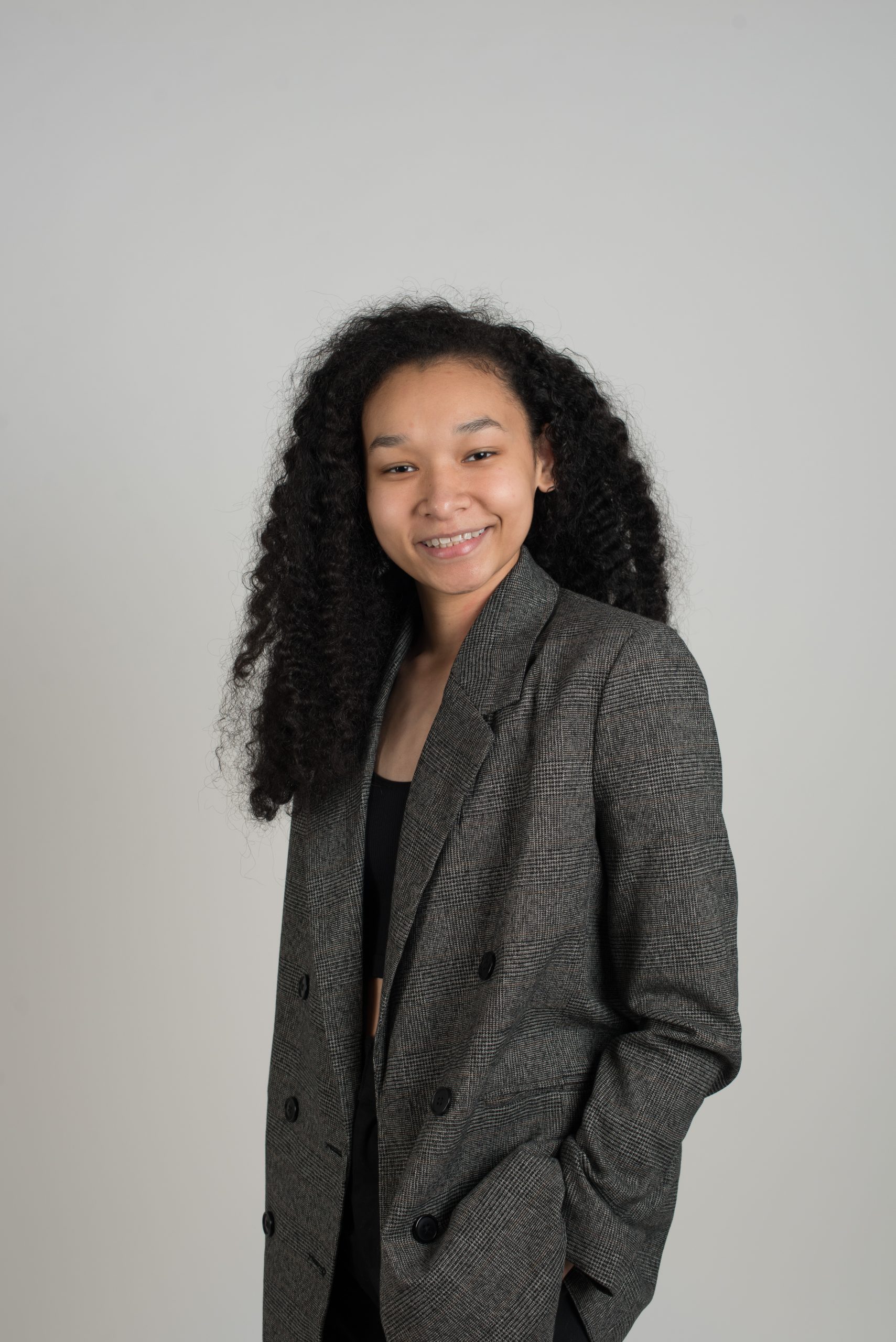
Unapologetically Black
by Zoë Balbosa
My journey into the School of Kinesiology is similar to many of my peers: I was an athlete who became injured and underwent rehabilitation. Naturally, the realm of kinesiology was attractive as a result, which is why many athletes pursue it. Although this path may be common, my experience has been quite different than the majority. Being a Black woman in predominantly white spaces (i.e., high school, the School of Kinesiology, my softball team) has made my journey unique and at times, challenging.
When I think about who has inspired me within the Black community, I find it difficult to choose. Since I played competitive softball throughout my life, I tried to think of someone who I looked up to. I learned about Jackie Robinson later in my youth and found his story captivating. The fact that he pushed boundaries and elevated the game of baseball, while simultaneously being Black, has always felt special to me. Additionally, my two older sisters have always been role models for me. My eldest sister competed in middle distance track events while my other sister also played competitive softball for many years. My sisters have been influential components in my development as an athlete and a Black woman.
Black History Month hasn’t always been something I’ve been cognizant of. Prior to my time at UBC, I felt disconnected from the Black community. Although my curls distinguished me from the rest, I found it difficult to identify as Black. Upon meeting like-minded Black individuals through UBC events, clubs and committees, I started to embody what I now call being unapologetically Black. Although Black individuals need to be celebrated day in and day out, this month can be powerful for Black communities. Despite the controversy on whether one month is “enough” or over what this month tries to achieve, I believe that anything that sparks conversation, ignites awareness, and spotlights those within Black communities, is worth being a part of.
It can be extremely hard to actualize dreams when you don’t see someone who looks like you in certain spaces. A lack of diversity in the toys, books and tv shows we grow up on makes it that much harder to make dreams a reality. Sure, The Proud Family, The Fresh Prince of Bel-Air, and Akeelah and the Bee have been central to my childhood; but Black representation has always been limited. Growing up, there was no kinesiologist or health care provider from the Black community that inspired my navigation towards kinesiology. However, I am certain that shifts towards inclusivity and representation in the field will encourage Black people in the future to pursue any path that they choose with those who came before them, guiding their journey.
Zoë Balbosa (she/her) is a fourth-year Kinesiology student in the interdisciplinary stream. She is the Professional Development Coordinator of the KUS BIPOC Committee in the 2021/22 academic year.